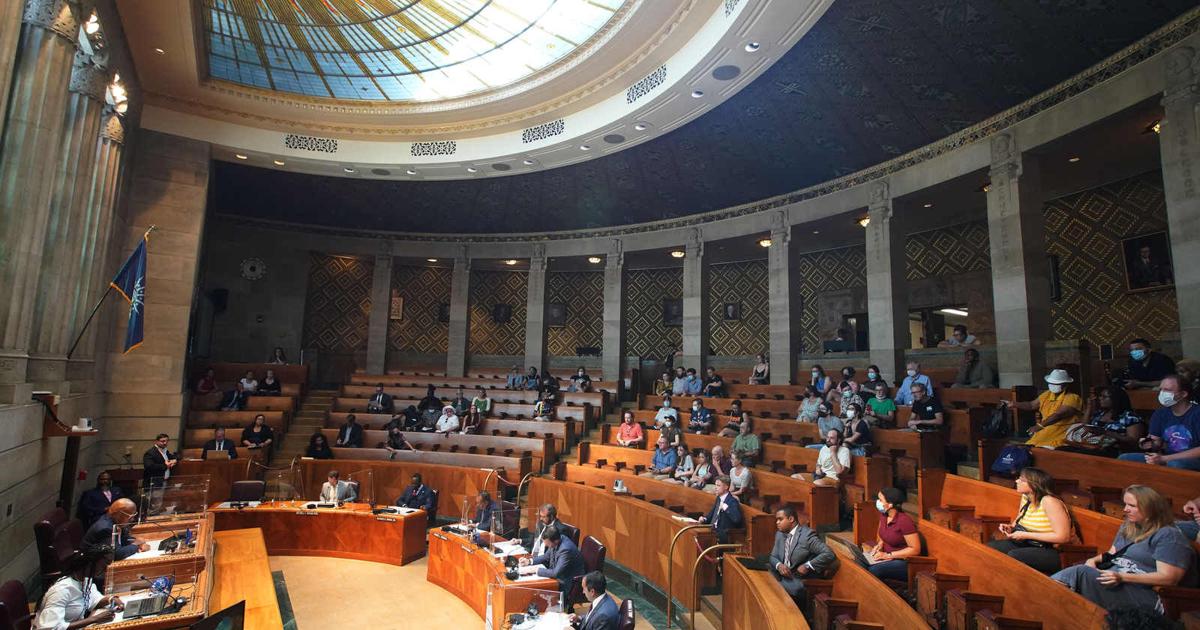Despite the well-known adage about the futility of confronting government, you actually can fight city hall if you know how to go about it.
But how many average citizens have that knowledge?
However small that number – and it’s undoubtedly minuscule, by design – it’s a little bit larger after last weekend’s fifth annual Anti-Displacement Summit put on by Our City Buffalo and a host of partner organizations.
In addition to focusing on gentrification and other forms of displacement, the summit workshops that attracted about 100 people also covered a variety of other means of empowering residents, including a session on “Buffalo Common Council Procedures and How to Take Action.”
That workshop by the Partnership for the Public Good began by addressing a recurring phenomenon good-government groups have long complained about when critiquing Buffalo’s Council: Concerned citizens feel passionate about an issue, do their research and then show up at the Council meeting – only to learn they won’t be allowed to speak.
So PPG worked with Council chiefs of staff to put together a fact sheet on “getting your issue into the Council and moving it forward,” Executive Director Andrea Ó Súilleabháin told a handful of people gathered around a table in Trinity Episcopal Church on Delaware Avenue.
Like most citizens, few of those in the workshop had ever attended a Council session or even watched one online. Yet all wanted, in the words of one, “a bigger picture understanding of how everything fits together” and the Council’s place within the governmental hierarchy. And, most importantly, they wanted to know how to take action and get results.
But it’s hard to win the game if you don’t know how it’s played. That’s why PPG gave a nuts-and-bolts breakdown of the three main types of biweekly Council meetings: the Tuesday committee meetings to delve into topics and hear from interested citizens; the Monday caucus…
Read the full article here

Leave a Reply